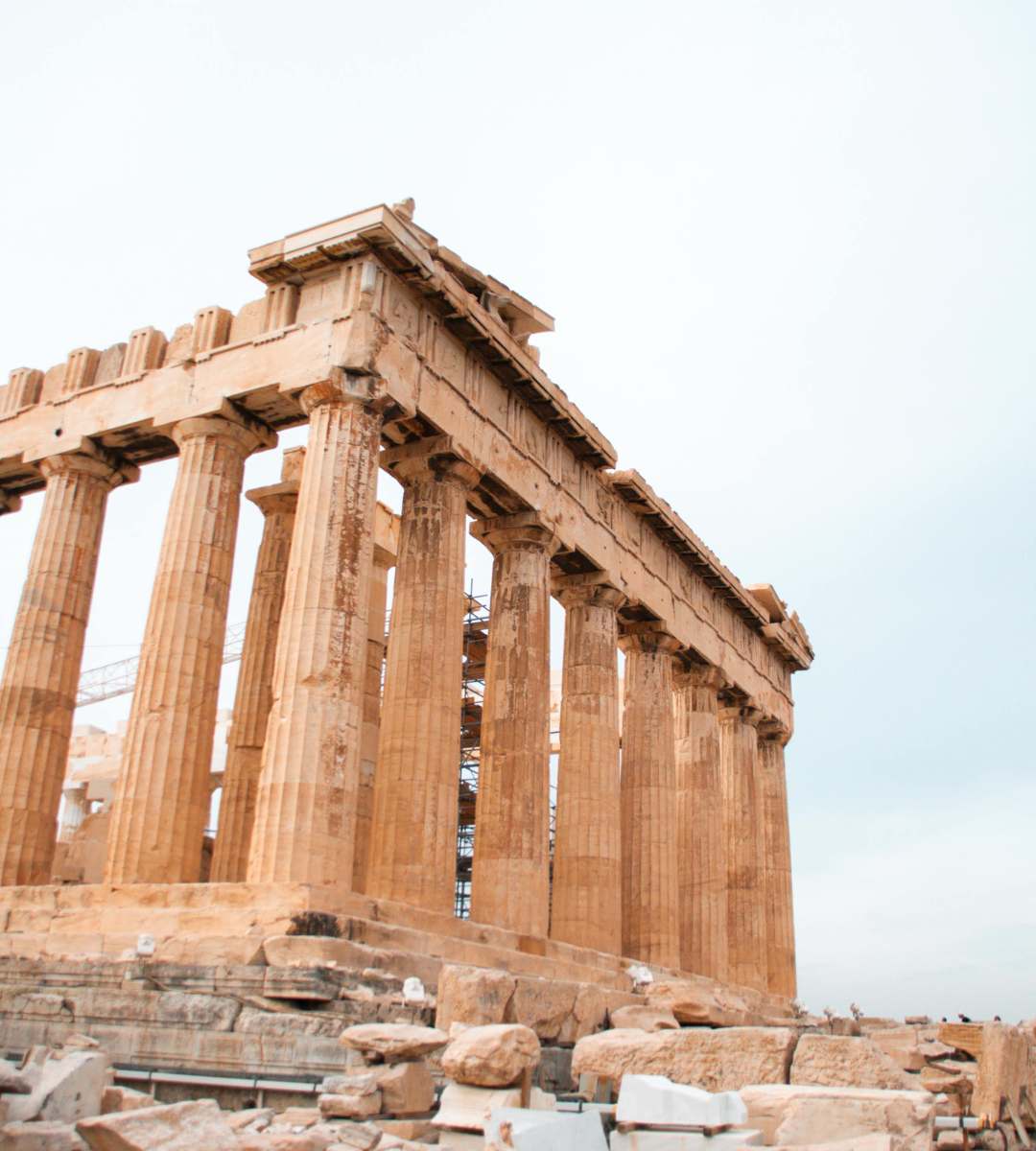
Fines for tourists in Greece and Italy – Traveling offers the chance to explore the world’s wonders — but a lack of awareness about local rules can quickly turn a dream trip into an expensive mistake. In popular destinations like Greece and Italy, strict regulations are in place to protect cultural heritage and public spaces. Breaking these rules, even unknowingly, can result in hefty fines for tourists, sometimes reaching up to €900. Here’s what you need to know to avoid costly penalties while exploring these amazing countries.

Strict fines for tourists in Greece
Greece is home to some of the world’s most iconic archaeological sites, and the government takes their preservation seriously. One of the lesser-known but strictly enforced rules is the ban on wearing high heels at historic sites, including the Acropolis, the Parthenon, and the Theatre of Epidaurus. Authorities are concerned that pointed heels could damage the ancient stones. Violating this rule may result in fines of up to €900 (approximately $1,000). When visiting these sites, it’s best to wear flat, comfortable shoes.
In addition to the footwear ban, several other rules apply at major Greek landmarks:
- Do not touch ancient marble or temple ruins
- Avoid climbing rocks or leaning on structures
- Drones are generally prohibited unless licensed
These measures are enforced by on-site security and local police. As reported by Greek authorities and travel outlets like Greek City Times, these rules aim to protect fragile heritage for future generations.
Looking for more travel updates and tips? Read the latest travel news and guides on Polish Observer – Travel
Strict fines for tourists in Italy

- Sitting on the Spanish Steps in Rome
Fines range from €25 to €500. The rule is part of the city’s “urban decorum” laws, and police frequently patrol the area to enforce it.( RomaToday) - Feeding pigeons in St. Mark’s Square, Venice
Banned since 2008 to prevent damage caused by bird droppings. Fines range from €25 to €500. - Swimming or wading in the Trevi Fountain
While it may seem romantic, entering the water is illegal and can result in a €500 fine. In serious cases, tourists may be banned from the area altogether.
Other lesser-known rules include bans on public picnics near monuments, street performances without a license, and dragging wheeled luggage down historic staircases. These fines are part of larger efforts to combat over-tourism and preserve the charm of Italy’s most visited sites.
Avoiding unpleasant surprises
Gemma Brown, a travel specialist at Travel Republic, advises all tourists to check local laws and customs before their trip. Even actions that seem harmless — like eating an ice cream near a monument or smoking outdoors in a protected area — could result in penalties.
Here are a few general tips for avoiding fines while traveling in southern Europe:
- Don’t eat or drink in historic zones unless permitted
- No smoking in archaeological or environmentally sensitive areas
- Don’t litter or cause damage to public property
- Dress appropriately when entering religious or sacred sites
- Avoid climbing statues, walls, or fountains
In recent years, many cities have ramped up enforcement, including with video surveillance and undercover patrols. These regulations may seem strict, but they play a crucial role in protecting Europe’s rich cultural legacy.
